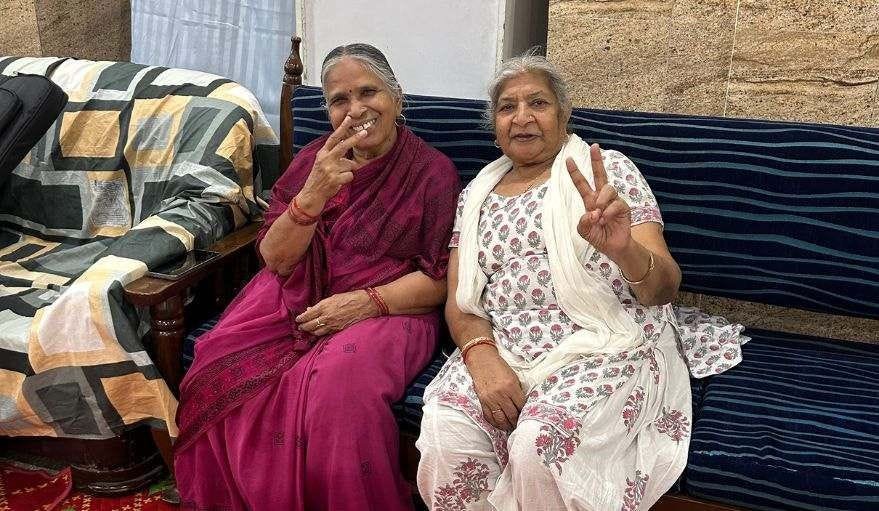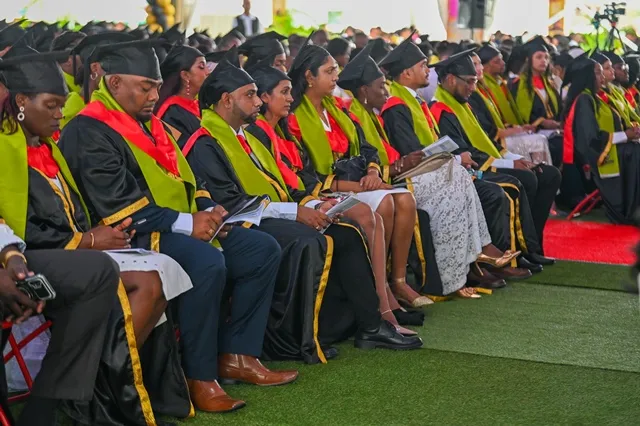He doesn’t wear a blazer, doesn’t have a viral YouTube channel, and isn’t a household name. But if you’ve watched a schoolboy football final in Georgetown in the last five years, odds are Troy Wright’s influence was on the pitch—if not on the scoreboard.
For over a decade, the CONCACAF C-Licenced coach has quietly nurtured a new generation of disciplined, technically sound, and socially aware footballers. Now, his success is being held up not just by sports fans but by policymakers as proof that grass-roots passion can fuel national development.
From Schoolyards to Scholarships
Wright’s journey began at South Ruimveldt Secondary, where he volunteered as a PE assistant. What began as weekend drills soon evolved into a structured programme blending football training with soft-skills development. Each session ends not with sprints or scrimmage—but with a minute of group reflection on topics like teamwork, diet, mental health, or school attendance.
“It’s not just about the ball,” Wright says. “It’s about the boy behind the ball.”
The results are measurable:
-
Six inter-school championship titles across South Ruimveldt and St Joseph’s in four years
-
17 alumni now competing in the GFF Elite League, Guyana’s highest tier of football
-
Three student-athletes awarded U.S. junior college scholarships for academics and athletics
These numbers might not match national team stats—but for the communities involved, they represent a quiet revolution.
Why Wright’s Model Matters Now
The 2025 national budget allocated a record G$2 billion for community sports ground upgrades, and doubled funding for the National School Football Academy. This isn’t a coincidence. Policy is catching up to what coaches like Wright have proven on the ground: local talent, when guided early and supported consistently, flourishes.
In Wright’s model, academic discipline is as non-negotiable as passing drills. Students must meet minimum classroom grades to stay on the team. That’s won over not only parents but also educators and ministry officials.
Minister of Culture, Youth & Sport Charles Ramson Jr. recently referred to youth coaches like Wright as “the quiet architects of One Guyana,” noting how school football cuts across class and ethnic lines.
“There’s no better symbol of unity than a locker room,” the Minister remarked. “Wright’s work proves that investing in sport is investing in nationhood.”
A Blueprint for the Future
What makes Wright’s impact scalable is his clarity of vision: he’s not just coaching teams; he’s building institutional capacity. He is now advocating for a formal certification pathway for PE teachers, proposing that every secondary school should have at least one CONCACAF-licensed coach by 2028.
The idea is gaining traction. With Guyana set to co-host matches for the 2026 CONCACAF U-20 Championship qualifiers, there is urgency to raise standards across youth coaching—both to showcase talent and to tap into sports-tourism potential.
Wright’s lobbying aligns with the Ministry’s broader strategy: upgrade school grounds, build coach capacity, and convert community tournaments into talent pipelines for both sport and scholarship.
Football as Social Infrastructure
Behind the medals and match scores lies a larger social story. In a city where economic challenges and youth unemployment remain pressing, Wright’s programme offers structure, identity, and hope.
Students who once skipped class now show up early for drills. Parents who never considered tertiary education are now exploring athletic scholarships. And communities once divided by geography or background now gather on Saturdays to cheer for the same team.
“This isn’t just sport,” Wright says. “It’s intervention.”
Bottom line
Troy Wright is living proof that a well-structured, locally-rooted sports programme can do more than produce good footballers—it can help produce good citizens. As Guyana deepens its investment in youth, education, and national unity, his model offers a rare blend of vision and results. If scaled properly, it could turn schoolyards into Guyana’s next national stage.
Sources: Guyana Chronicle, Budget 2025, GFF, Ministry of Sport




